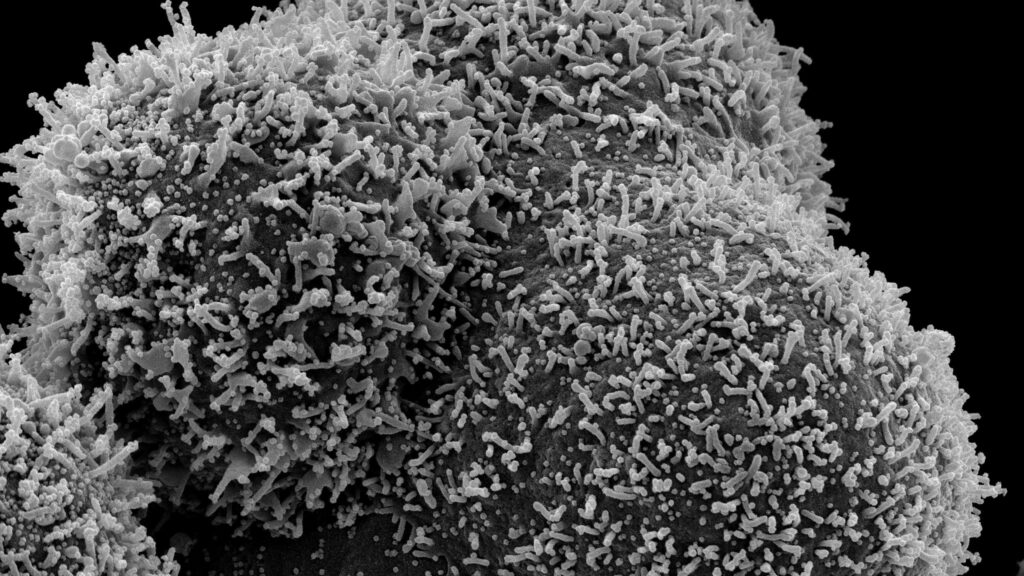Copyright STAT

We teach graduate students in public health, one of us focusing on management, one on communications. Like many in public health, we are deeply disappointed by the toxicity surrounding the subject these days. We worry about the field, its leadership, and its leading institutions. Our students at the Harvard T.H. Chan School of Public Health share these concerns. Yet this fall, we are asking them to grapple with a subject that has perhaps attracted more heat and less light than any other public health controversy of the past five years: the origins of Covid. We’ll be using a case study we developed. Advertisement Unlike most of those who write about the origin question, we do not bring a strong point of view about whether the virus that causes Covid was crafted in a lab or jumped from animals to humans (the “zoonotic” possibility). In fact, our best understanding right now is that the answer to this question is unknowable — a “known unknown,” if you will. We are very much aware that others on both sides feel certain they do know or at least have very strong suspicions. (The two of us have merely guesses, and weak ones at that; not having much confidence in those, we do not share them in our case study.) So why are we taking the trouble to focus our students of public health on a matter where we cannot give them simple or clear answers? Precisely to make the point that simple answers are not always attainable, and that one of the greatest lessons of the last five years is that public health needs to step up its game in dealing with uncertainty. Some colleagues have suggested that, especially in the current environment, the Covid origin question is best regarded as a taboo topic. This is a matter on which we do have strong opinions, and we deeply disagree. Advertisement We think there is a great deal to learn from the short but dramatic history of evolving views on the Covid origin question. Initial concerns about the possibility of lab involvement gave way to the forging of an apparent early scientific consensus on zoonotic spread. Countering that consensus became very costly; at least one scientist who did so received enough threats to consider changing her name. This consensus, however, has now at least partially unraveled in the face of multiple investigations. The lessons here involve both management and communications, and require us to look inside government and science, and at the interaction between both sectors and the press, from which the public still gets much of its information. Beyond this, we think students (and maybe all of us) benefit from exposure to the arguments of those who believe passionately that they know something, even as passionate advocates reach very different, often irreconcilable conclusions — and even if they are partisan. Especially in a moment like our own, it is vital that leaders of the future separate heat from light, in order to engage the battle of ideas, to run theories to ground where possible, and to identify and admit where it is not, at least not yet. It is also critical for them to understand why positions can be strongly held even when weakly grounded, not so they can dismiss such views, but so they can ponder both how such circumstances arise, and how the public (and some of its leaders) might become better informed. Finally, it is important for our students, and as many of our fellow citizens as we can engage, to better grasp how the evident decline in trust in the arena of public health came to pass. We need to come to grips with the root causes of this loss and avoid the easy out of apportioning responsibility to bad actors only. Loss of trust also comes to those that are well intentioned but do not foresee — and do not return to address — the eventual consequences of their early actions, from either a management or communications perspective. Advertisement We do not pretend that the conversations we propose to start in our classrooms will be easy, and we hope they will not be simple. We are determined, however, that they be civil and respectful without being compromising or disingenuous. The enormity of our societal losses from COVID, and the critical imperatives of public health in our country, demand no less. Michaela Kerrissey and Richard Tofel both teach at the Harvard T.H. Chan School of Public Health, where she is associate professor of management and he is an instructor. Tofel is the former president of ProPublica.



